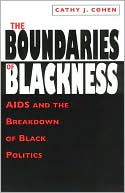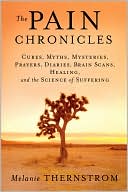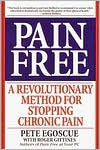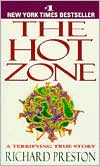The Boundaries of Blackness: AIDS and the Breakdown of Black Politics
Search in google:
Last year, more African Americans were reported with AIDS than any other racial or ethnic group. And while African Americans make up only 13 percent of the U.S. population, they account for more than 55 percent of all newly diagnosed HIV infections. These alarming developments have caused reactions ranging from profound grief to extreme anger in African-American communities, yet the organized political reaction has remained remarkably restrained. The Boundaries of Blackness is the first full-scale exploration of the social, political, and cultural impact of AIDS on the African-American community. Informed by interviews with activists, ministers, public officials, and people with AIDS, Cathy Cohen unflinchingly brings to light how the epidemic fractured, rather than united, the black community. She traces how the disease separated blacks along different fault lines and analyzes the ensuing struggles and debates. More broadly, Cohen analyzes how other cross-cutting issues—of class, gender, and sexuality—challenge accepted ideas of who belongs in the community. Such issues, she predicts, will increasingly occupy the political agendas of black organizations and institutions and can lead to either greater inclusiveness or further divisiveness.The Boundaries of Blackness, by examining the response of a changing community to an issue laced with stigma, has much to teach us about oppression, resistance, and marginalization. It also offers valuable insight into how the politics of the African-American community—and other marginal groups—will evolve in the twenty-first century. Publishers Weekly Yale professor Cohen combines rigorous research and fresh sociological insights to build her argument that a black political agenda based solely on race promotes exclusionary practices. Cohen tracked responses to AIDS by black civic and church leaders and media in New York City (where, since 1990, AIDS has infected more blacks than any other racial or ethnic group), finding that they have espoused an understanding of racial identity that privileges middle-class, heterosexual males, while using code words "to designate who was expendable." Starting at the beginning of the AIDS crisis, she compares coverage by network television news and the New York Times with that of black newspapers and magazines. Cohen attributes the failure of black media to focus on AIDS at the beginning of the epidemic to homophobia, classism and sexism, resulting in the extreme stigmatization of the most disempowered members of black communities. She finds that in the 1980s, the black political response to AIDS came largely from black lesbians and gays. In recent years, women and children of color have come to be most at risk, while the black media focuses on alternative treatments and new heterosexual dating patterns in response to AIDS. Although Cohen's analysis is encumbered by academic jargon, it is astute and eye-opening. (Apr.)
PrefaceAcknowledgmentsCh. 1The Boundaries of Black Politics1Ch. 2Marginalization: Power, Identity, and Membership33Ch. 3Enter AIDS: Context and Confrontation78Ch. 4Invisible to the Centers for Disease Control119Ch. 5All the Black People Fit to Print149Ch. 6Conspiracies and Controversies186Ch. 7Unsuspecting Women and the Dreaded Bisexual220Ch. 8Willing to Serve, but Not to Lead250Ch. 9Women, Children, and Funding293Ch. 10AIDS and Beyond339Notes349Bibliography363Index383








